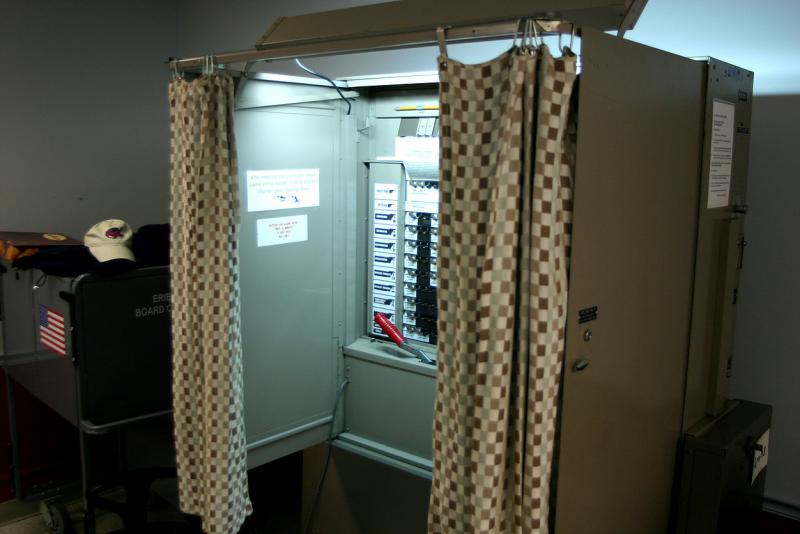
Like everyone else in the U.S. and beyond, access to medicines advocates are trying to figure out just what the impact will be from last week’s surprising election results.
No one knows for sure, but it seems there is some bad news and some good news, and plenty of activism opportunities ahead:
The bad news:
-
The drug price control proposal contained in California Proposition 61 was defeated by an over-the-top $125 million pharmaceutical corporate campaign against it;
-
Republicans are firmly in control of the Congress and the White House, and Republicans are proven to be more likely to support the pharmaceutical industry agenda than Democrats;
-
President-elect Donald Trump’s transition team includes an executive director who is a former pharmaceutical executive, and the same former pharma insider is even a possible choice for Secretary of Health and Human Services
The good news:
-
Proposition 61 seems to signal the beginning, not the end, of state-level efforts to rein in drug pricing. A similar proposal is on the Ohio ballot for next year, and multiple other proposals will be under consideration in legislatures across the country, all responding to the profound public anger about U.S. drug prices;
-
The elections dealt a blow to the immediate future of the Trans-Pacific Partnership, which would have enormous negative impact on medicine access. Trump has firmly opposed it, and politicians heard loud and clear one of the messages delivered by the surprise results: the U.S. people realize that recent trade agreements have hurt working people. So a lame-duck Congressional vote approving TPP is far less likely today than it was before Election Day.
-
President-elect Trump did not hesitate to take populist pro-medicines access positions in his campaign, criticizing pharma companies and promising to support a change in the pharma-pushed U.S. law that prohibits Medicare from negotiating drug prices.
So, as with every other issue of importance right now, things with medicines access are not clear.
But that would have been the case no matter who won. As I wrote in this space a few weeks ago, access to medicines history—and the broader history of democracy and human rights activism, for that matter—shows that the actual persons taking office in January are not nearly as important as the grassroots pressure that is put on them.
So, the polls are closed, the votes are tallied. But our activist work is just beginning.
To receive our weekly PFAM "Prescription for Change" blog posts, just sign up here .
